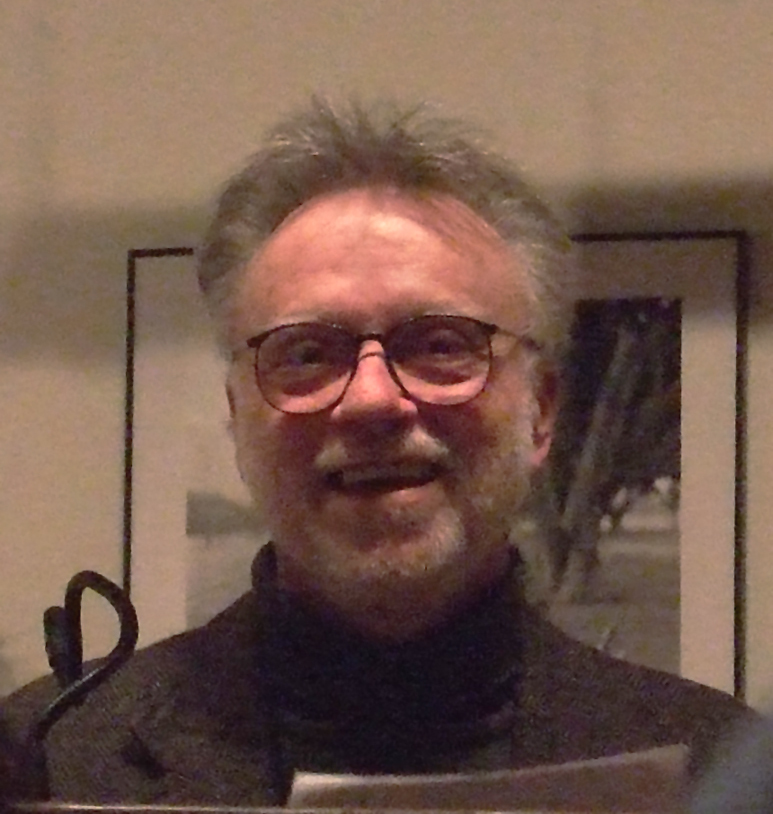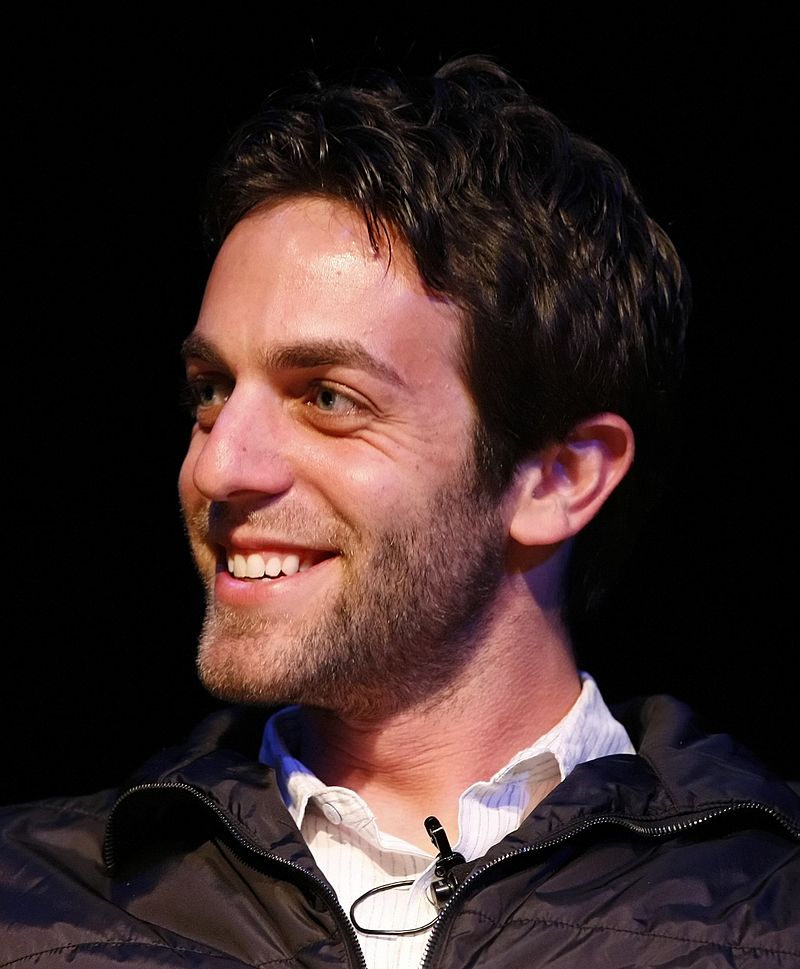 author
authorDiscover the Best Books Written by Michael Ende
Michael Andreas Helmuth Ende (12 November 1929 – 28 August 1995) was a German writer of fantasy and children's fiction. He is known for his epic fantasy The Neverending Story (with its 1980s film adaptation and a 1995 animated television adaptation); other well-known works include Momo and Jim Button and Luke the Engine Driver. His works have been translated into more than 40 languages and sold more than 35 million copies.
Ende was born on 12 November 1929 in Garmisch, Bavaria, the only child of the surrealist painter Edgar Ende and Luise Bartholomä Ende, a physiotherapist. In 1935, when Michael was six, the Ende family moved to the "artists' quarter of Schwabing" in Munich (Haase). Growing up in this rich artistic and literary environment influenced Ende's later writing.
In 1936, his father's work was declared "degenerate art" and banned by the Nazi Party, so Edgar Ende was forced to draw and paint in secret. The horrors of World War II heavily influenced Ende's childhood. He was twelve years old when he witnessed the first Allied bombing raid on Munich. He reflected:
Our street was consumed by flames. The fire didn't crackle; it roared. The flames were roaring. I remember singing and careering through the blaze like a drunkard. I was in the grip of a kind of euphoria. I still don't truly understand it, but I was almost tempted to cast myself into the fire like a moth into the light.
He was horrified, however, by the 1943 Hamburg bombing, which he experienced while visiting his paternal uncle. At the first available opportunity, his uncle took him back to Munich. There, Ende attended the Maximilian Gymnasium in Munich until schools were closed as the air raids intensified and pupils were evacuated. Ende returned to Garmisch-Partenkirchen, where he was billeted in a boarding house, Haus Kramerhof, and later in Haus Roseneck.
It was there that his interest in German poetry was awakened. As well as writing his own poetry, he began to study various literary movements and styles. As most recent German poetry was banned as part of censorship in Nazi Germany, he instead studied the German Romantic poet Novalis, whose Hymns to the Night made a great impression on him.
In 1944, Edgar Ende's studio at no. 90 Kaulbachstraße, Munich, went up in flames, and over two hundred and fifty paintings and sketches were destroyed, and all his prints and etchings. Ernst Buchner [de], Director of Public Art for Bavaria, was still in possession of a number of Ende's paintings, which survived the raids. After the bombing, Luise Ende was relocated to the Munich district of Solln. In 1945, Edgar Ende was taken as a prisoner of war by American GIs but was released soon after the end of the war.
In 1945, German youths as young as fourteen were drafted into the Volkssturm and sent to war against the advancing Allied armies. Three of Michael Ende's classmates were killed on their first day of combat. Ende was also drafted but tore up his call-up papers and joined a secret German resistance group founded to sabotage the SS's declared intention to defend Munich until the "bitter end." Ende served the group as a courier for the remainder of the war.
In 1946, Michael Ende's grammar school re-opened, and he attended classes for a year, after which family friends' financial support allowed him to complete his high-school education at a Waldorf School in Stuttgart. This seemingly charitable gesture was motivated by more self-interest: Ende had fallen in love with a girl three years his senior, and her parents funded his two-year stay in Stuttgart to keep the pair apart. At this time, he first began to write stories. He aspired to be a "dramatist" but wrote mostly short stories and poetry (Haase).
During his time in Stuttgart, Ende first encountered Expressionist and Dadaist writing and began schooling himself in literature. He studied Theodor Däubler, Yvan Goll, Else Lasker-Schüler, and Alfred Mombert, but his real love was the poetry of Rainer Maria Rilke, Stefan George, and Georg Trakl. He also made his first attempts at acting, performing with friends in Stuttgart's America House. He was involved in productions of Chekhov's one-act comedy "The Bear," in which he played the principal role, and in the German premiere of Jean Cocteau's Orpheus. Ende's first play "Denn die Stunde drängt (As Time is Running Out)" dates to this period. It was dedicated to Hiroshima and was never performed.
Ende decided that he wanted to be a playwright. Still, financial considerations ruled out a university degree, so in 1948 he auditioned for the Otto Falckenberg School of the Performing Arts in Munich and was granted a two-year scholarship (Haase). After leaving drama school, his first acting job took him to a provincial theatre company in Schleswig-Holstein. The troupe traveled from town to town by bus, usually performing on makeshift stages, surrounded by beer, smoke, and the clatter of skittles from nearby bowling alleys.
Best author’s book






















